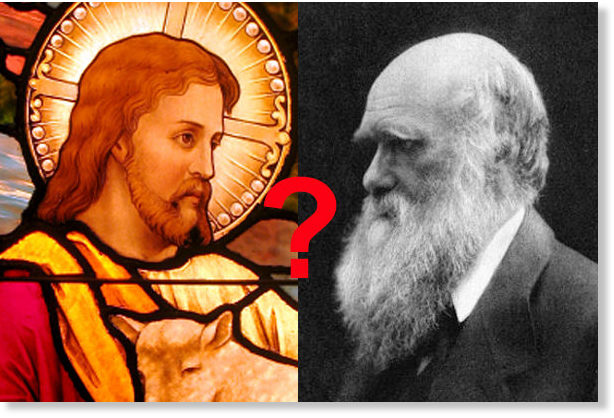Brilliant piece of work and an enjoyable read. Made my morning.
I propose that we create a list of articles and blog posts by others, etc, post it here, and everybody take a copy of the list, and every day post one or more links on FB and Twitter and other social media with maybe a short comment, or snip from the article. If a couple dozen people would do this faithfully, as a service to humanity, it might be enough of a butterfly wing's flap to initiate a change.
When an ocean liner is going full speed ahead at an iceberg, it takes a lot of coordinated effort to slow it down and turn it around. I don't know if we can do it, but we sure ought to try.
Anybody up for it?
Something hit me very hard once, thinking about what one little man could do. I think of the Queen Mary - the whole ship goes by and then comes the rudder. And there's a tiny thing at the edge of the rudder called a trimtab.
It's a miniature rudder. Just moving the little trimtab builds a low pressure that pulls the rudder around; Takes almost no effort at all. So I said that the little individual can be a trimtab. Society thinks it's going right by you, that it's left you altogether. But if you're doing dynamic things mentally, the fact is that you can just put your foot out like that and the whole big ship of state is going to go.
So I said, call me Trimtab.
- Buckminster Fuller
I'm in








